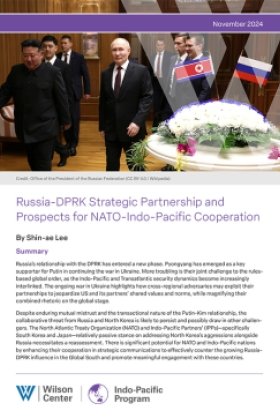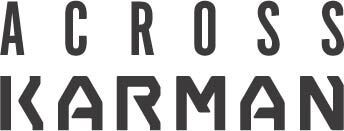Russia-DPRK Strategic Partnership and Prospects for NATO-Indo-Pacific Cooperation



"Russia’s relationship with the DPRK has entered a new phase. Pyongyang has emerged as a key supporter for Putin in continuing the war in Ukraine. More troubling is their joint challenge to the rulesbased global order, as the Indo-Pacific and Transatlantic security dynamics become increasingly interlinked. The ongoing war in Ukraine highlights how cross-regional adversaries may exploit their partnerships to jeopardize US and its partners’ shared values and norms, while magnifying their combined rhetoric on the global stage.
Despite enduring mutual mistrust and the transactional nature of the Putin-Kim relationship, the collaborative threat from Russia and North Korea is likely to persist and possibly draw in other challengers. The North Atlantic Treaty Organization (NATO) and Indo-Pacific Partners’ (IPPs)—specifically South Korea and Japan—relatively passive stance on addressing North Korea’s aggressions alongside Russia necessitates a reassessment. There is significant potential for NATO and Indo-Pacific nations by enhancing their cooperation in strategic communications to effectively counter the growing Russia-DPRK influence in the Global South and promote meaningful engagement with these countries."
Read more in the latest report from Shin-Ae Lee and the Indo-Pacific Program.
Author

Research Fellow, Sasakawa Peace Foundation

Indo-Pacific Program
The Indo-Pacific Program promotes policy debate and intellectual discussions on US interests in the Asia-Pacific as well as political, economic, security, and social issues relating to the world’s most populous and economically dynamic region. Read more


Hyundai Motor-Korea Foundation Center for Korean History and Public Policy
The Center for Korean History and Public Policy was established in 2015 with the generous support of the Hyundai Motor Company and the Korea Foundation to provide a coherent, long-term platform for improving historical understanding of Korea and informing the public policy debate on the Korean peninsula in the United States and beyond. Read more

Explore More
Browse Insights & Analysis
The OSCE is a Good Value for America




